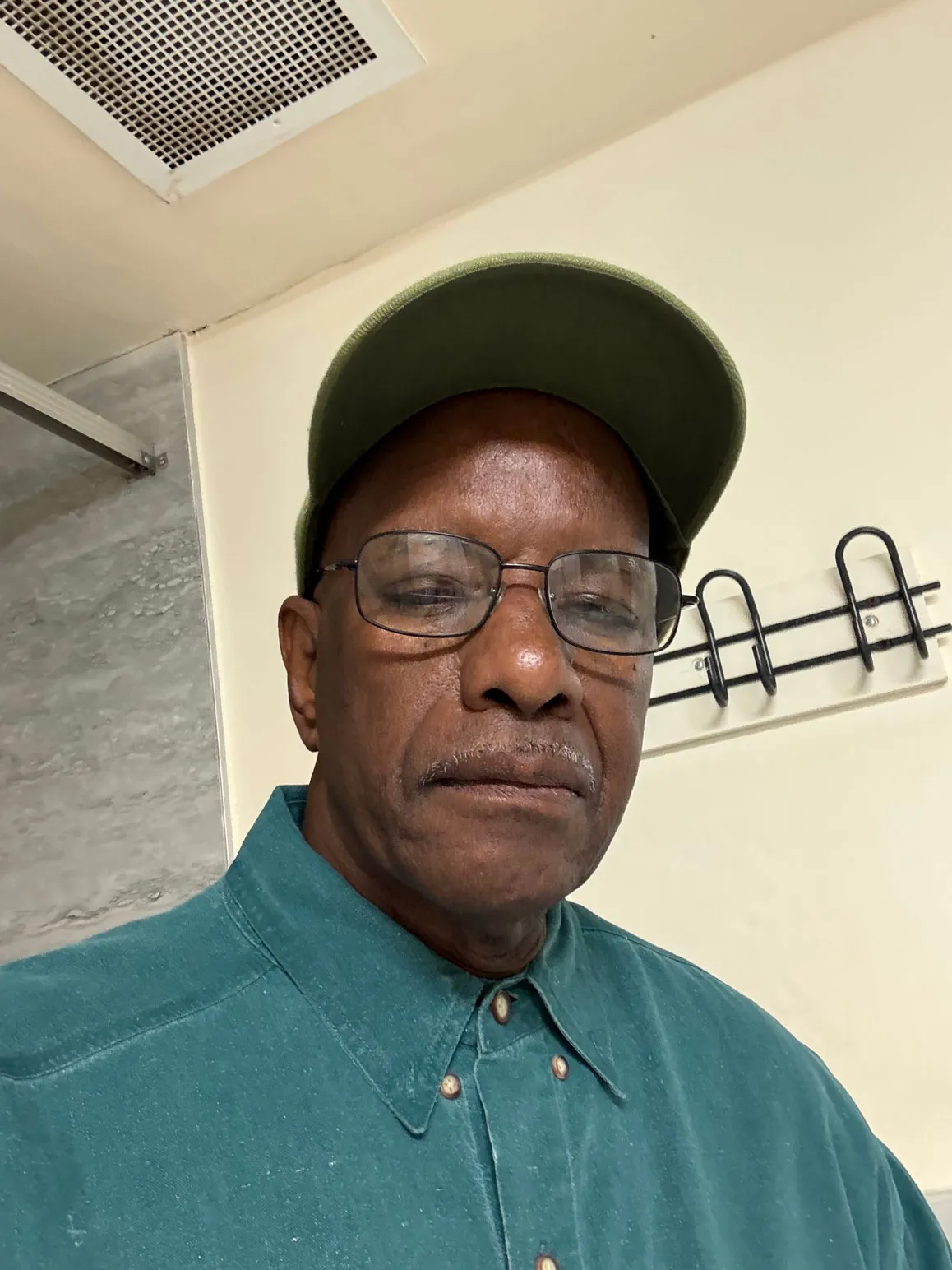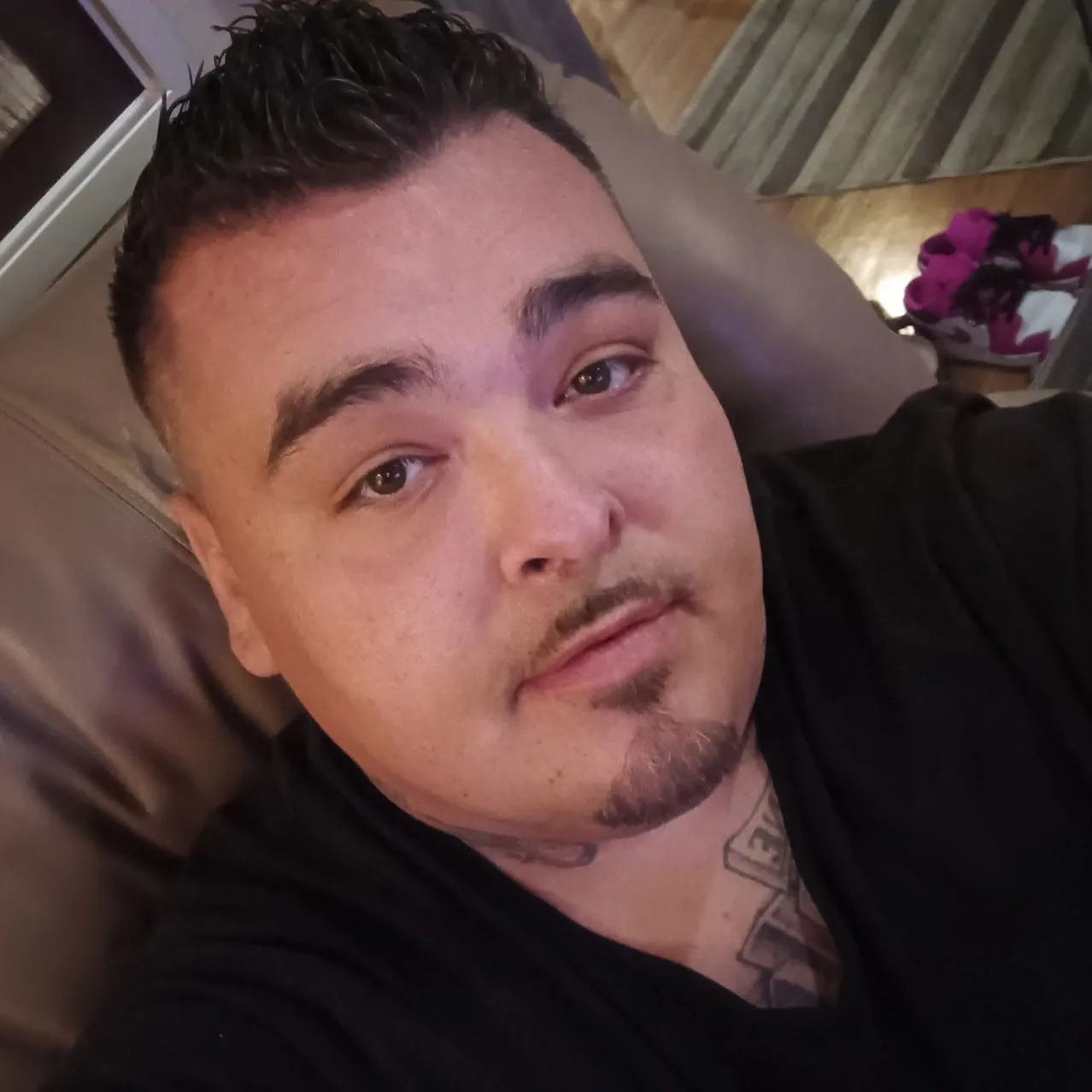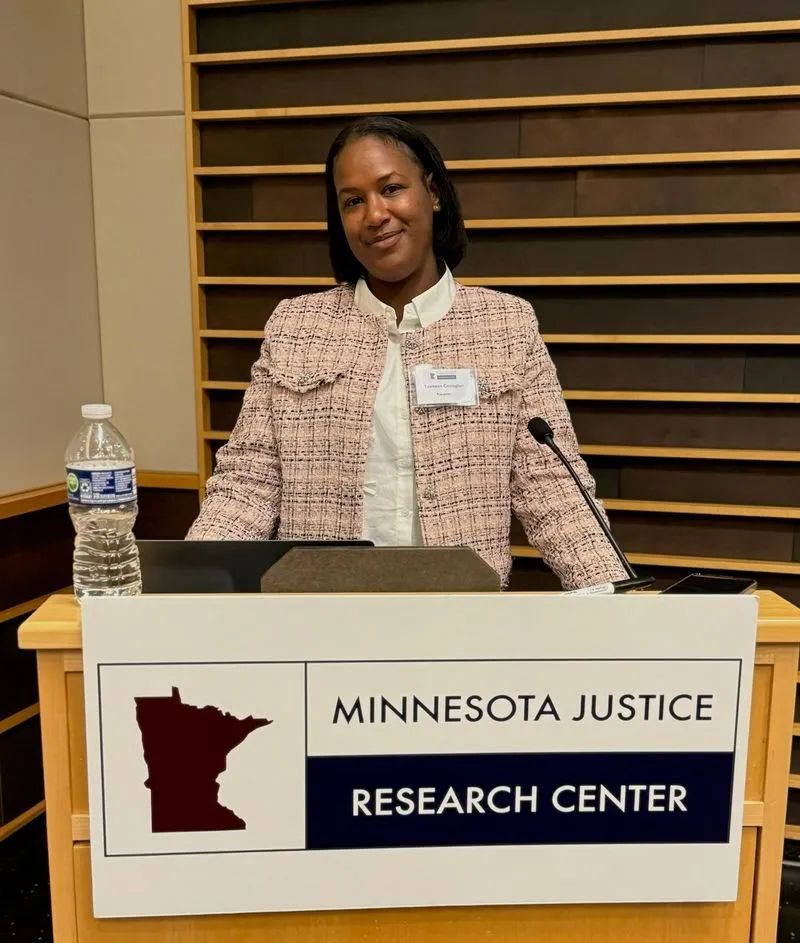William grew up in an underserved community in south central Los Angeles with limited opportunities. He was raised by his hardworking mother, who juggled multiple jobs to support him and his 10 siblings. Like many others raised in similar situations, when his mother passed away at just 42, William struggled to find his path. Without guidance or support, he turned to substances to cope, leading to choices that resulted in his incarceration.
When he was released from the California Men’s Colony prison in May of 2024, after serving 28 years of a double life sentence under California's unfair three-strikes law, William was grateful to be clean and sober. However, he also possessed neither the means nor the support system needed to succeed on the outside.
“Some of my family had died while I was in prison, I had no resources, I had no direction, and I really had no hope,” said William.
His new reality exemplified the circumstances faced by hundreds of thousands of people nationwide.
While billions of dollars in the United States are spent at the state and federal level to fund the police, courts, jails, prisons, probation, and parole, barely a fraction of that goes towards helping the formerly incarcerated once they get out. In fact, until 2024 the California Department of Corrections and Rehabilitation was actually regularly withholding much-needed cash from formerly incarcerated people.
This lack of resources and support is a guaranteed ticket to reincarceration for people who often have little or no credit and face impediments to even just finding housing.
Thankfully, William was referred to the Center for Employment Opportunities (CEO) in Los Angeles, which provides reentry support and job opportunities for individuals recently released from jail or prison.
“They gave me immediate resources that were instrumental in putting me on a straight path and helping me get my life back,” said William.
Thanks to CEO and their partner Turning Point, William received cash assistance through the CA HIRE Grant program, obtaining five much-needed payments of $500 each that, he says, were instrumental to helping him restart his life on solid ground.
“They were there to catch me when I got out,” said William.
“I was able to buy essentials like toiletries, purchase and maintain a car, and buy the work clothes and tools I needed to pursue a trade in cement masonry.”
CEO and Turning Point also helped William find transitional housing, pursue a trade-related education at the West Valley Occupational Center, and receive one-on-one job coaching to help him find long-term employment.
William says that the empathy, patience, and understanding he and others like him received from the staff at both CEO and Turning Point, who were there to help him through every step in this process, was the key to their success.
“There was always somebody there that had genuine care and concern about us, who wouldn't just drive us through like cattle and numbers,” said William.
“They listened to us, they walked us through the process, they told us where the resources were, and they were there to answer any of our questions.”
William is now working toward starting his own business as a certified general contractor. He hopes to pay his success forward by helping others like him who just need the opportunity to change and succeed.
“I think that's the bigger goal here: to help somebody else that came through the same system that I did,” said William.
The HIRE Grant, a first-of-its-kind initiative, awarded over $14 million total for needs-related funding. Of that, $2.1 million was allocated to CEO's Hub Network, a coalition of eight partner organizations, to distribute cash stipends to over 1,000 Californians returning from incarceration—helping them cover transportation, housing, and other essential needs.
“Because Turning Point and CEO helped me, and many others like me who are from communities that have been devastated by hopelessness, joblessness, and disenfranchisement, I can now empower and equip those people with the necessary tools to be successful.”
Visit our blog page to read more success stories, or donate to support economic mobility opportunities for justice-impacted individuals.




